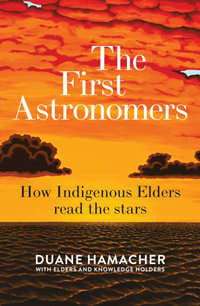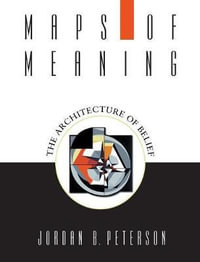This book provides excellent insight, by a prominent scientist, into the socio-technical and human quality aspects of information and communication technology.
Gavriel Salvendy is a professor of Industrial Engineering at Purdue University and Chair Professor and Head of the Department of Industrial Engineering at Tsinghua University, Beijing, P.R. of China
http://www.iems.ucf.edu/salvendy/
More than fifty years of sustained empirical research on the psychosocial and organizational consequences of information and communication technologies is Gunilla Bradley's contribution to understanding how computerization has transformed the world, politics and economy, the work setting, and our private lives. Today we find ourselves in an environment where computer, information, and media technologies have become indispensable and have converged to confound and, indeed, dissolve former distinctions between our public, work, and private lives. Yet, as much as there is the negative to this convergence, there is equally also the positive. It is with the wisdom gained from her decades of research and with great empathy and optimism for the human condition that Gunilla Bradley reflects on the choices before us. She asks us to evaluate the life conditions that we want, the characteristics of a good work environment and technologies that help us attain our goals, and properties of our social structures, norms, and values systems that promote a positive climate for our world and societies that have been transformed by computerization.
Alice Robbin, Indiana University Bloomington, USA
At times an introduction to concepts, at others a plea for action, this little book of wisdom is also a cross between an autobiography and a diary - it brings together in one place the latest in a lifetime of work. Its 100 or so pages really show how policy, people and practices all need to be brought together when co-creating digital technologies. Look out especially for Gunilla Bradley's manifestos!
Diane Whitehouse, Chair - ICT and Society Technical Committee, International Federation for Information Processing
In this latest book, Gunilla Bradley's rich experience shines through again. She explains the mix of high-end virtual technology with her usual gentle philosopher's approach to reflect her true convergence model mastery. Her brilliance in explaining how these (sometimes) worrisome technologies are changing the way people interact, sets the bench mark for other researchers. Thank you Gunilla.
Elspeth McKay, Associate Professor, School of Business IT and Logistics, RMIT University, Australia
This book draws on Gunilla Bradley's research carried out during more than four decades. Gunilla introduced psycho-social aspects in computerization of work life and she has widened this perspective to a model which demonstrates the convergence of information and communication technologies which in turn involves globalization and convergence of life roles and life environments. In this book Gunilla shows us how this development and her work can be used to inspire broader issues, like peace and ecological, social and economic sustainability. I recommend this book, particularly to students in the area of information systems, computer science, media technology, and related areas. It gives both insight in the historical development and in issues that the ICT development have caused, for better and worse, including some ideas on how to address these through Trees of Action.
Anita Mirijamdotter, Professor of Informatics, Department of Informatics, Linnaeus University, Sweden
























